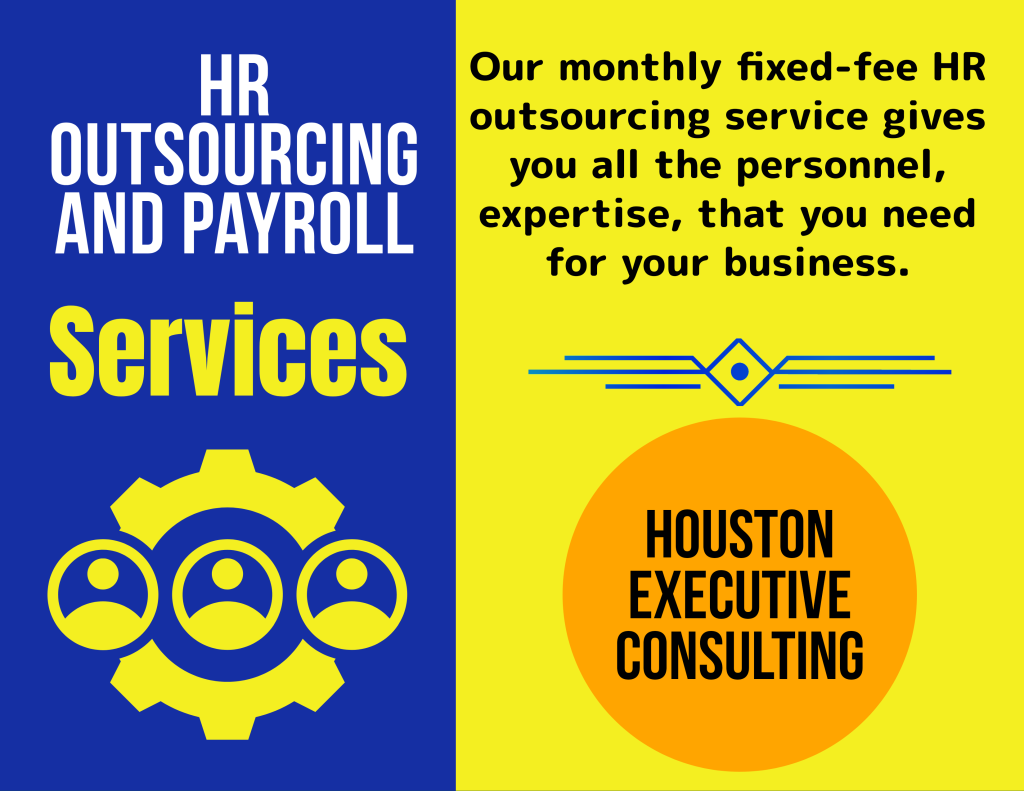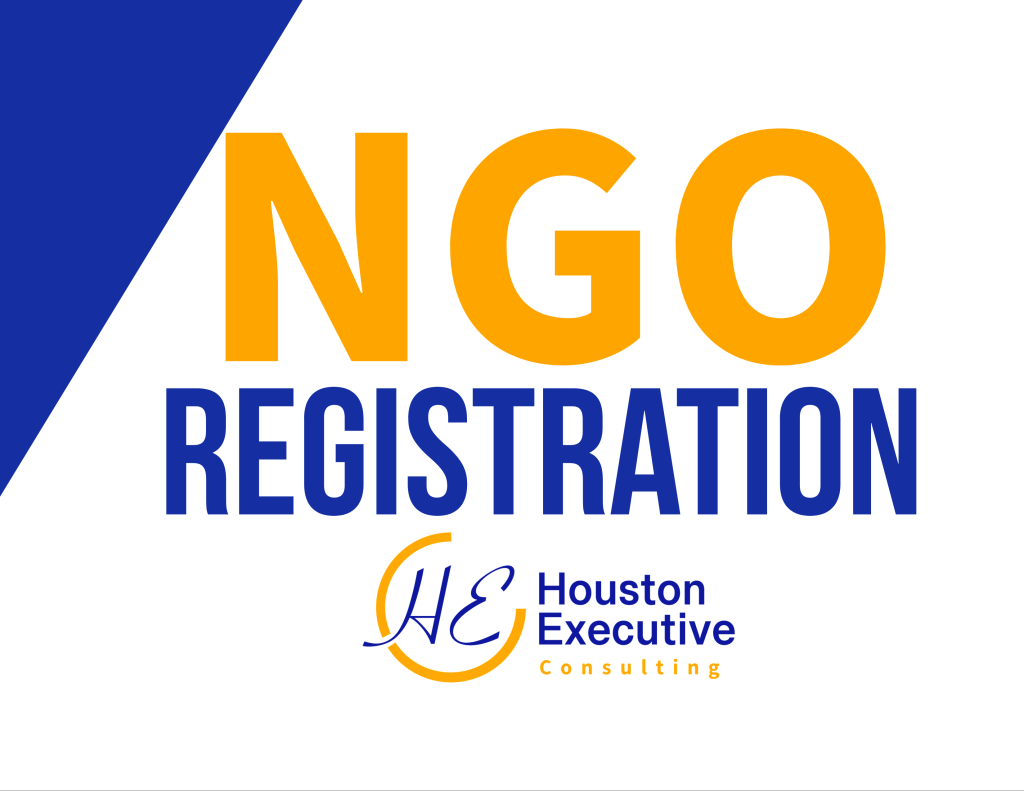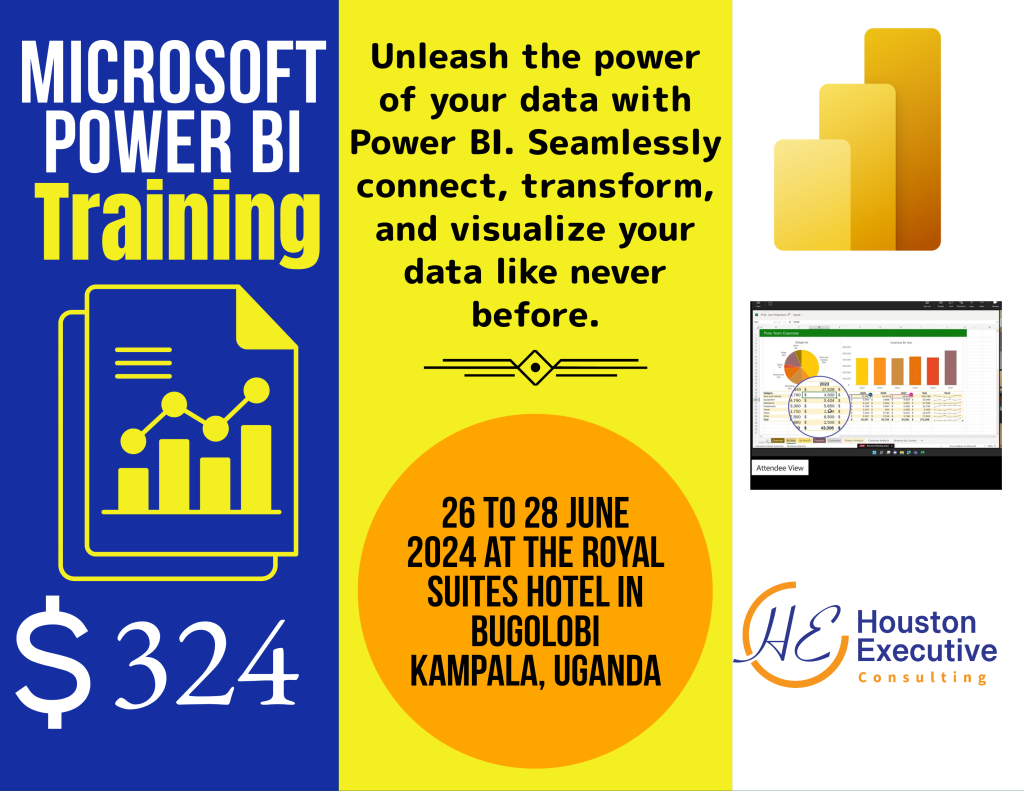Exploring 20 Lucrative Business Ideas in Ghana: A Comprehensive Investment Guide
Greetings, aspiring Ghanaian entrepreneur! Are you eager to make your mark on the nation’s thriving business scene? Look no further! This guide dives into 20 lucrative business ideas tailored to Ghana’s economic landscape. We’ll explore various possibilities, from established ventures to cutting-edge startups, to empower you to find your niche within Ghana’s dynamic entrepreneurial ecosystem.
The top 20 business ideas to unlock your Ghanaian entrepreneurial journey are the following.
Real Estate and Property Development in Ghana

Ghana’s real estate sector is experiencing a boom driven by several factors:
- Rapid Urbanization: Cities like Accra, Kumasi, Takoradi, and Tema are witnessing a surge in population as people migrate from rural areas. This creates a high demand for residential and commercial properties.
- Housing Deficit: There’s a significant gap between available housing and the needs of the growing population, particularly for affordable housing solutions catering to low- and middle-income earners.
- Growing Economy: A stable and growing Ghanaian economy increases disposable income, fuelling demand for quality housing and modern office spaces.
Real estate developers can capitalize on this growth by:
Sustainable Practices: Using eco-friendly developments incorporating green building technologies, energy-saving designs, and smart home features can attract a growing segment of environmentally conscious residents and businesses.
Providing flexible payment plans and partnering with financial institutions to ease mortgage access can broaden the customer base by making homeownership more attainable. There is also Strategic Expansion: Developers can gradually expand to other regions as the business scales, starting with projects in high-demand areas within Ghana. Technology and strategic partnerships can further enhance efficient project management across locations.
Profitability in Ghana’s Real Estate Market because Real estate development offers promising returns in Ghana due to High Rental Yields: Investing in prime locations can generate substantial rental income, with property values appreciating over time. There is also Income Diversification: Expanding into property management services and real estate investment trusts (REITs) can create steady income streams and provide a buffer against market fluctuations.
By catering to the specific needs of the Ghanaian market and focusing on innovation and accessibility, real estate developers can play a significant role in fulfilling the housing requirements and shaping the future of Ghana’s urban landscape.
Farming and Agriculture in Ghana

Ghana’s fertile lands and varied climates offer exciting opportunities for foreign investors in agriculture. Here’s a breakdown of potential areas for investment:
Ghana is a significant producer and exporter of cocoa beans. Consider venturing into cocoa alongside high-demand crops like pineapples, mangoes, palm oil, cashew nuts, and rubber. In terms of Livestock and Poultry, you can Invest in poultry farming (broilers and layers), livestock rearing (cattle, sheep, goats), or aquaculture (fish farming). There is also an opportunity for Vegetables since the demand for fresh, high-quality vegetables is rising. Explore opportunities in tomato, onion, pepper, and leafy greens production.
Ghanaian consumers are increasingly interested in organic produce. Invest in organic farming techniques and certifications to cater to this growing market. Sustainable farming practices like water conservation and soil health improvement are becoming crucial. Offer products or services that support these practices. There’s a demand for high-quality agricultural inputs like fertilizers, pesticides, improved seeds, and feed for poultry and livestock. Consider supplying these products.
If you target exports, focus on crops like cocoa beans, pineapples, mangoes, cashew nuts, and rubber, which are in high demand globally. There is an investment opportunity in Agricultural Equipment and Technologies. Like South Africa, Ghana has a growing need for modern agricultural equipment. Areas for investment include:
- Tractors and other farm machinery
- Irrigation systems
- Storage facilities
- Precision agriculture technologies (drones, soil testing equipment)
- Spare parts and after-sales service for machinery
By investing in these areas, you can contribute to Ghana’s agricultural development and benefit from the sector’s growth potential.
Home Tutoring

Home tutoring in Ghana is an emerging and lucrative business catering to students’ diverse educational needs. It involves personalized tutoring sessions at students’ residences, providing tailored educational support. This model has proven effective in enhancing student performance by providing focused attention and addressing specific academic challenges.
One of the key advantages of starting a home tutoring business in Ghana is the increasing demand for quality education. Many parents are willing to invest in additional academic support to ensure their children excel in their studies. Mathematics, science, and English are particularly sought after due to their technical nature and importance in educational curricula.
A strategic approach to this business includes creating a rate card that outlines the charges for different subjects and levels of education. This helps in setting clear expectations with clients and ensures transparency in pricing. Additionally, offering specialized tutoring for standardized tests such as the West African Senior School Certificate Examination (WASSCE) can attract a wider clientele.
Moreover, the rise of digital technology presents an opportunity to expand home tutoring services to online platforms. Online tutoring enables reaching a larger audience beyond geographical limitations, making education more accessible. It also allows for flexible scheduling, which can be convenient for tutors and students.
Those interested in venturing into the home tutoring business must have a solid educational background and a passion for teaching. Building a network through referrals and leveraging social media for marketing can significantly boost the business’s visibility. Additionally, partnering with schools and educational institutions can provide a steady stream of students.
Home tutoring in Ghana is not just a profitable business venture but also a meaningful way to contribute to the educational development of the next generation. With the right strategies and dedication, it offers substantial growth potential and the satisfaction of positively impacting students’ academic journeys.
Poultry Farming Business in Ghana: A Lucrative Opportunity

The poultry industry is a significant player in Ghana’s agricultural sector, offering excellent opportunities for entrepreneurs. Whether you focus on eggs or meat production, you can contribute to meeting the country’s high demand for poultry products.
While the profit potential is significant, success requires dedication and planning. Here are some essential aspects to consider:
- Modern Practices: Embrace modern poultry farming techniques to optimize bird health and production.
- Biosecurity: Implement strong biosecurity measures to minimize disease outbreaks and ensure the well-being of your flock.
- Distribution Channels: Build reliable channels to get your products to market efficiently.
Develop a comprehensive business plan that outlines your goals, target birds, farm location, equipment needs, marketing strategy, and financial projections. Research different poultry breeds suitable for your goals (meat or eggs) and climate. Secure funding for land, poultry housing (coops), feeders, waterers, chicks/pullets, feed, and potentially staff.
Explore value-added opportunities like processing and packaging your poultry products as your farm flourishes. Continually seek new markets and opportunities to ensure long-term success. With hard work, careful planning, and a commitment to quality, your poultry farming business in Ghana can become a reality, contributing to the nation’s food security and your own financial goals.
Tourism and Hospitality

Ghana’s Tourism and Hospitality Industry is A Thriving Sector with Untapped Potential. Ghana’s tourism and hospitality industry is poised for significant growth, offering international and domestic travelers a vibrant and diverse experience.
Ghana welcomes eco-tourists, adventure enthusiasts, cultural fans, and luxury seekers, ensuring a constant demand for various services and experiences. Ghana’s unparalleled offerings set it apart. From breathtaking coastal beauty to historical and cultural immersion experiences, Ghana provides an authenticity unmatched by competitors.
The industry boasts immense potential. Businesses can tap into underdeveloped regions or introduce new experiences like wellness getaways and adventure tours to attract new audiences. Digital marketing and partnerships with international travel agencies can also significantly expand reach.
High demand and the ability to offer premium experiences, particularly in the luxury and cultural immersion segments, make this industry highly profitable. Establishments known for exceptional service and creating lasting memories enjoy high occupancy rates and loyal customers. Eco-friendly practices can attract a growing segment of environmentally conscious travelers, ensuring long-term success.
The Home Delivery Business in Ghana

The home delivery business in Ghana has seen remarkable growth, becoming a significant source of income and employment. This surge is attributed mainly to increased online shopping and the demand for convenient, timely delivery services.
One key factor driving the success of home delivery services in Ghana is the rapid expansion of e-commerce. With a growing number of Ghanaians shopping online for groceries, fashion, electronics, and other goods, the need for reliable delivery services has never been higher. Companies offering these services have capitalized on convenience, ensuring that customers can receive their purchases without leaving their homes.
Additionally, the home delivery business in Ghana is diverse and adaptable. It includes courier delivery, food delivery, and specialized services like shopping for others and delivering customized products. This diversification allows delivery businesses to cater to various customer needs and preferences, enhancing their market appeal and resilience.
Another contributing factor is home delivery services’ relatively low startup cost. Aspiring entrepreneurs can start with minimal investment, often using motorbikes or bicycles to make deliveries. This accessibility has encouraged many young Ghanaians to venture into the delivery business, creating employment opportunities and stimulating the local economy.
Furthermore, technological advancements have played a crucial role in the industry’s growth. Mobile apps and online platforms have streamlined the ordering and delivery process, making it easier for customers to place and track deliveries. These innovations have improved efficiency and boosted customer satisfaction and trust in-home delivery services.
In summary, the home delivery business in Ghana is thriving due to the rise in online shopping, low startup costs, and technological advancements. This industry is poised for continued growth, offering lucrative opportunities for entrepreneurs and meeting the evolving needs of consumers.
Car Wash Business

With the burgeoning number of vehicle owners in Ghana, the demand for car wash services has skyrocketed. This presents a promising opportunity for entrepreneurs to establish car wash businesses that offer top-notch services such as exterior cleaning, interior detailing, and additional maintenance options. A car wash business can stand out by creating a customer-friendly environment and implementing eco-friendly practices, promising a bright future for those who venture into it.
Starting a car wash business can be highly profitable, especially in a high-traffic location with a solid customer base. Key factors to consider include location, equipment, pricing, and marketing strategy. However, what can truly set your business apart is a unique selling proposition. Investing in quality equipment, hiring reliable staff, and developing a unique selling proposition is essential to differentiate your business. With careful planning and execution, a car wash business can provide a steady income stream and a sense of pride in business ownership.
Event Planning Business

The events industry in Ghana is not just growing; it’s thriving. With weddings, corporate events, and social gatherings happening regularly, there’s a constant demand for event planning services. For entrepreneurs with organizational and creative skills, this is an exciting field to venture into. Building a robust network of suppliers is crucial, as it ensures the smooth execution of events and enhances the business’s reputation. Offering unique event concepts and providing exceptional customer service is critical to success in this dynamic field.
Event management involves applying project management principles to create and develop personal or corporate events such as festivals, conferences, ceremonies, weddings, formal parties, concerts, or conventions. Ghana’s love for celebrations makes event planning a lucrative business.
To succeed in the event planning business, you need a mix of organizational skills, creativity, marketing expertise, and excellent customer service. Here are some tips to help you build and grow a successful event-planning business:
- Gain Relevant Experience
- Define Your Niche
- Create a Business Plan
- Build a Strong Online Presence
- Network and Collaborate
- Provide Excellent Customer Service
- Build a Portfolio
- Set Clear Pricing and Contracts
- Stay Updated on Trends
- Invest in Marketing
- Manage Finances Wisely
- Seek Feedback and Continuous Improvement
Combining these strategies with dedication, hard work, and a passion for creating memorable events can significantly increase your chances of success in the event planning business.
Bakery and Snacks Business

The love for baked goods is ingrained in Ghanaian culture, presenting entrepreneurs with opportunities in the bakery business. From traditional pastries to modern desserts, establishing a bakery requires creativity, attention to quality, and effective marketing strategies. Building a solid brand and diversifying product offerings can cater to many customers.
The bakery industry in Ghana is rapidly growing, driven by the country’s increasing population, urbanization, and demand for convenience foods. According to industry reports, Ghana’s bakery market is projected to grow at a compound annual growth rate (CAGR) of 4.5% by 2025, offering ample opportunities for entrepreneurs in this sector.
The market comprises various businesses, including small independent bakeries, retail bakery chains, and large commercial bakeries that supply baked goods to grocery stores and other retailers. Popular products in the Ghanaian bakery market include bread, cakes, pastries, and biscuits. However, the industry faces challenges such as high production costs, inconsistent power supply, and limited access to finance, which can hinder growth.
To start a snacks business, defining your niche is essential. You might focus on healthy snacks, gourmet options, international flavors, or other unique offerings. Once you have decided on your niche, finding reliable ingredient suppliers is the next step. Consider cost, quality, and consistency when choosing suppliers. Additionally, ensure your snacks are made from fresh, high-quality ingredients, potentially exploring local or organic options. Following these steps, you can offer unique, high-quality snacks to attract and retain customers.
Catering Services

Catering services cater to the growing demand for convenient, quality food options at events and gatherings. Entrepreneurs can establish catering businesses, focusing on specific cuisines or event types. Building a reputation for excellent food quality, presentation, timely delivery, and exceptional customer service can lead to repeat business and positive word-of-mouth referrals.
Starting a catering business can be lucrative and rewarding with the right skills and experience. Whether you plan to cater for weddings, corporate events, or private parties, you must have a solid business plan, including pricing, marketing strategies, and a clear understanding of your target audience.
Additionally, consider the logistics of running a catering business, such as sourcing ingredients, staffing, and transportation. However, with careful planning and hard work, a catering business can be a fulfilling and profitable career choice.
Clothing Business

The fashion industry in Ghana is vibrant and diverse, offering entrepreneurs opportunities in clothing retail and design. Entrepreneurs can establish clothing businesses that cater to specific niches such as casual wear, formal attire, or traditional outfits. Leveraging social media for marketing and staying abreast of fashion trends is crucial for success in this dynamic industry.
Starting a clothing business is an excellent opportunity for those with a passion for fashion and an entrepreneurial spirit. However, success in a highly competitive market requires careful planning and execution.
First, identify your target audience and create a brand that appeals to their tastes and preferences. Develop appealing clothing designs, effective marketing strategies, and a cohesive brand image.
Next, establish a supply chain and source high-quality materials that match your brand’s standards. Decide whether to manufacture your clothing in-house or outsource production to a third-party manufacturer.
Develop a sales strategy once your designs and production processes are in place. You can start by opening a brick-and-mortar store, selling online, or combining both. Consider pricing strategies, promotions, and advertising to drive sales.
Finally, staying on top of industry trends, listening to customer feedback, and continuously improving your products and services are essential to remain competitive. Starting a clothing business can be challenging, but it can also be rewarding and profitable with careful planning, hard work, and a commitment to quality.
Digital Marketing

With the increasing reliance on digital platforms, businesses seek to enhance their online presence through digital marketing. Entrepreneurs with skills in social media management, search engine optimization, and content marketing can provide valuable services to businesses looking to expand their reach. Staying updated on digital marketing trends and tools is essential for success in this ever-evolving field.
Starting a digital marketing business can be an excellent opportunity for those with an entrepreneurial spirit and a passion for marketing. This business uses various digital channels and tools to promote products or services and reach a wider audience.
Some examples of digital marketing services include search engine optimization (SEO), social media marketing, email marketing, content marketing, and pay-per-click (PPC) advertising.
It’s essential to have a solid understanding of digital marketing principles and the ability to create and execute effective marketing strategies. You’ll also need to develop a solid online presence and build a network of clients and partners.
One advantage of starting a digital marketing business is that it can be relatively low-cost compared to other companies. However, competition can be fierce, so offering unique and innovative services is crucial.
A digital marketing business can be rewarding and profitable for those with the right skills and mindset.
Freelancing

The gig economy has gained momentum in Ghana, providing opportunities for freelancers in various fields. Entrepreneurs can offer freelance services such as writing, graphic design, programming, and consulting. Building a robust online portfolio, networking with potential clients, and delivering high-quality work are essential for success in the freelancing space.
Freelancing has become an increasingly popular way of working in Ghana, with many people starting freelance businesses. As a freelancer, you can choose which clients you work with, what projects you take on, and how much you charge for your services.
However, freelancing also comes with challenges, such as constantly finding new clients, managing your finances, and navigating the sometimes unpredictable nature of the gig economy. To start a freelance business in Ghana, you must register with your state’s business registration agency and obtain any necessary licenses or permits.
You’ll also need to set up a system for invoicing clients, collecting payments, and tracking expenses and taxes. One significant advantage of freelancing is the ability to work from anywhere with internet access. This flexibility can be particularly appealing for those who want to travel or live in different parts of the country.
Freelancing can be a rewarding and profitable way of working, but it’s essential to research and prepare yourself for the unique challenges of running your own business.
Liquid Soap Production

The demand for liquid soap in households and businesses creates a viable business opportunity. Entrepreneurs can explore soap production, offering quality liquid soap products. Implementing efficient production processes, ensuring product safety, and effective marketing strategies can contribute to success in the soap production business.
A liquid soap production business is a profitable venture you can establish with moderate capital. It involves manufacturing liquid soap for homes, schools, hospitals, and other places. The demand for liquid soap is increasing, and with the right marketing strategy, you can make a significant profit from this business.
To start a liquid soap production business, you must acquire the necessary skills, knowledge, equipment, and materials. You can learn how to make liquid soap by attending training programs or watching online tutorials. Once you have the necessary skills, you can start by producing small quantities and gradually increase production as demand grows.
The equipment needed for liquid soap production includes mixing tanks, heating systems, and filling machines. The required materials include chemicals such as caustic soda, sulphonic acid, sodium laureth sulfate, and additives like fragrances and colorants.
A good marketing strategy is crucial for the success of a liquid soap production business. You can market your products through social media, word of mouth, and supplying retailers and wholesalers. Creating a website and an online store to sell your products to customers can broaden your reach.
Phone Repairs

With the widespread use of smartphones, the demand for phone repair services is rising in Ghana. Entrepreneurs with technical skills can set up phone repair businesses, catering to issues such as screen replacements, battery replacements, and software troubleshooting. Offering transparent pricing, quality repairs, and timely service can build a loyal customer base.
Starting a phone repair business can be profitable, especially considering the high demand for phone repairs due to the increasing use of smartphones.
To begin, you must research the market and competition in your area, obtain the necessary licenses and permits, and invest in high-quality tools and equipment. Building a solid online presence and promoting your services to the local community can also help attract customers. Providing excellent customer service and competitive pricing will help your business stand out.
Preschool & Daycare Services

As parents prioritize early childhood education, there is a growing demand for quality preschools in Ghana. Entrepreneurs passionate about teaching and child development can establish preschools, providing a conducive learning environment for young children.
Ensuring qualified staff, implementing engaging curricula, and maintaining a safe and nurturing atmosphere are crucial for success in the preschool business.
Having crèches in the office for working mothers is not yet widespread in modern Ghana. However, with more women joining and remaining in the workforce even after marriage, the demand for daycare services will continue to increase soon.
Daycare services, crèches, and babysitting have been prevalent for many years, especially in larger cities with more working women and nuclear families.
Salon Business

The salon industry in Ghana has experienced significant growth in recent years and is a thriving business. There is a high demand for salon services across the country.
With a large population that values personal grooming and appearance, this industry offers various services, from haircuts, styling, and coloring to manicures, pedicures, facials, massages, and waxing.
One of the driving factors contributing to the growth of the salon business in Ghana is the increasing number of young people willing to invest in personal grooming. Additionally, the rise of social media has made it easier for salons to advertise their services and attract new customers.
However, the salon business in Ghana also faces challenges, such as high competition and the need to keep up with changing trends and technologies. Salons must maintain high hygiene and safety standards to ensure customer satisfaction and safety.
Overall, the salon industry in Ghana presents opportunities for entrepreneurs and investors interested in a lucrative and growing industry. By employing the right strategies and making the necessary investments, salon owners can build successful businesses that meet their customers’ needs and contribute to the industry’s growth.
Addressing Ghana’s Waste Management Challenge: A Lucrative Opportunity for Entrepreneurs

Ghana’s rapid urbanization has significantly strained its waste management infrastructure. This challenge, however, presents a compelling business opportunity for entrepreneurs seeking to address a critical national need. Entrepreneurs can generate healthy profits and contribute to environmental sustainability and public health by investing in strategic waste management value chain segments. Moreover, the scalable nature of the waste management business allows for significant growth potential.
Investment Opportunities:
- Collection and Transportation: A robust collection and transportation network is fundamental. This includes door-to-door household waste collection, tailored commercial waste pickup, and construction waste management with skip bin deployment.
- Recycling Infrastructure: Investments in recycling facilities for processing plastics, paper, glass, and metals are crucial. A thriving market for recycled materials exists in Ghana, offering a reliable revenue stream.
- Organic Waste Diversion: Diverting organic waste from landfills through composting facilities presents a significant opportunity. Food scraps, yard trimmings, and other organic materials can be transformed into valuable compost, benefiting the agricultural sector.
- E-Waste Management: The growing use of electronic devices necessitates responsible e-waste management solutions. Entrepreneurs can establish safe e-waste recycling centers to extract valuable resources like gold, silver, and copper while mitigating environmental risks.
Ensuring Success:
- Market Research: Conducting thorough market research is essential for understanding waste generation patterns in target areas, identifying potential customers and competitors, and tailoring services accordingly.
- Regulatory Compliance: Strict adherence to local waste management regulations and environmental protection is paramount. This includes obtaining the necessary permits and licenses to operate legally.
- Strategic Partnerships: Forming partnerships with local municipalities, businesses, and NGOs can enhance the reach and efficiency of waste management services. Collaboration fosters a more comprehensive approach to waste management.
- Technological Innovation: Investing in modern waste management technologies and efficient recycling equipment is not just essential but inspiring. This forward-thinking approach improves operational efficiency, product quality, and overall cost-effectiveness, and entrepreneurs should be excited about the possibilities it opens up.
Renewable Energy Solutions

Ghana’s surging energy demand and environmental responsibility are driving a surge in renewable energy solutions. Solar, wind, biomass, and small-scale hydropower offer a beacon of hope for sustainable development.
Entrepreneurs can seize this chance by establishing solar panel installation companies, capitalizing on Ghana’s abundant sunshine. Wind farms, particularly in coastal areas with strong gusts, present another lucrative opportunity for investors. Biomass plants offer a double win: generating renewable energy while addressing waste management challenges. Small-scale hydropower projects, while requiring a more significant initial investment, can provide reliable and consistent clean energy in areas with suitable water resources.
To navigate this exciting yet complex landscape, a meticulous approach is critical. Feasibility studies are essential to pinpoint the most promising project based on specific locations and resource availability. The high upfront costs necessitate securing funding through government grants, international aid, private investors, or loans.
Building strong partnerships with government agencies, international organizations, and local communities is paramount for project sustainability and navigating regulatory hurdles. Investing in cutting-edge technology and training local technicians ensures efficient implementation, operation, and maintenance of these renewable energy systems. Finally, adhering to national and international regulations is crucial throughout the process.
Photography Business in Ghana’s Thriving Market

This proposal outlines a comprehensive photography and videography business targeting a diverse clientele in Ghana. It capitalizes on Ghana’s flourishing event scene and growing social media presence. The company caters to weddings, corporate events, individual portraits, and social media content creation. A unique selling proposition lies in its multi-niche approach, offering a one-stop shop for visual needs.
The marketing strategy focuses on establishing a solid digital presence through strategic social media use (Instagram, Facebook, TikTok) and partnerships with event planners, wedding coordinators, and corporate organizations. Additionally, SEO optimization ensures the business ranks high in online searches for photography services in Ghana. This multifaceted approach ensures brand awareness lead generation and caters to the evolving digital landscape of Ghanaian visual content needs.
Conclusion
Are you considering starting your own business but feeling overwhelmed with the many options available? It’s natural to feel this way, but it’s important to remember that every company has unique advantages and disadvantages.
Your success will ultimately depend on choosing the best business idea that aligns with your interests and skills. Your abilities and experience will be critical to success in your chosen industry. It is essential to be confident and prepared to tackle any challenges that come your way.
Do you need a business consultant? Please get in touch with Houston Executive Consulting via info@heconsulting.us












